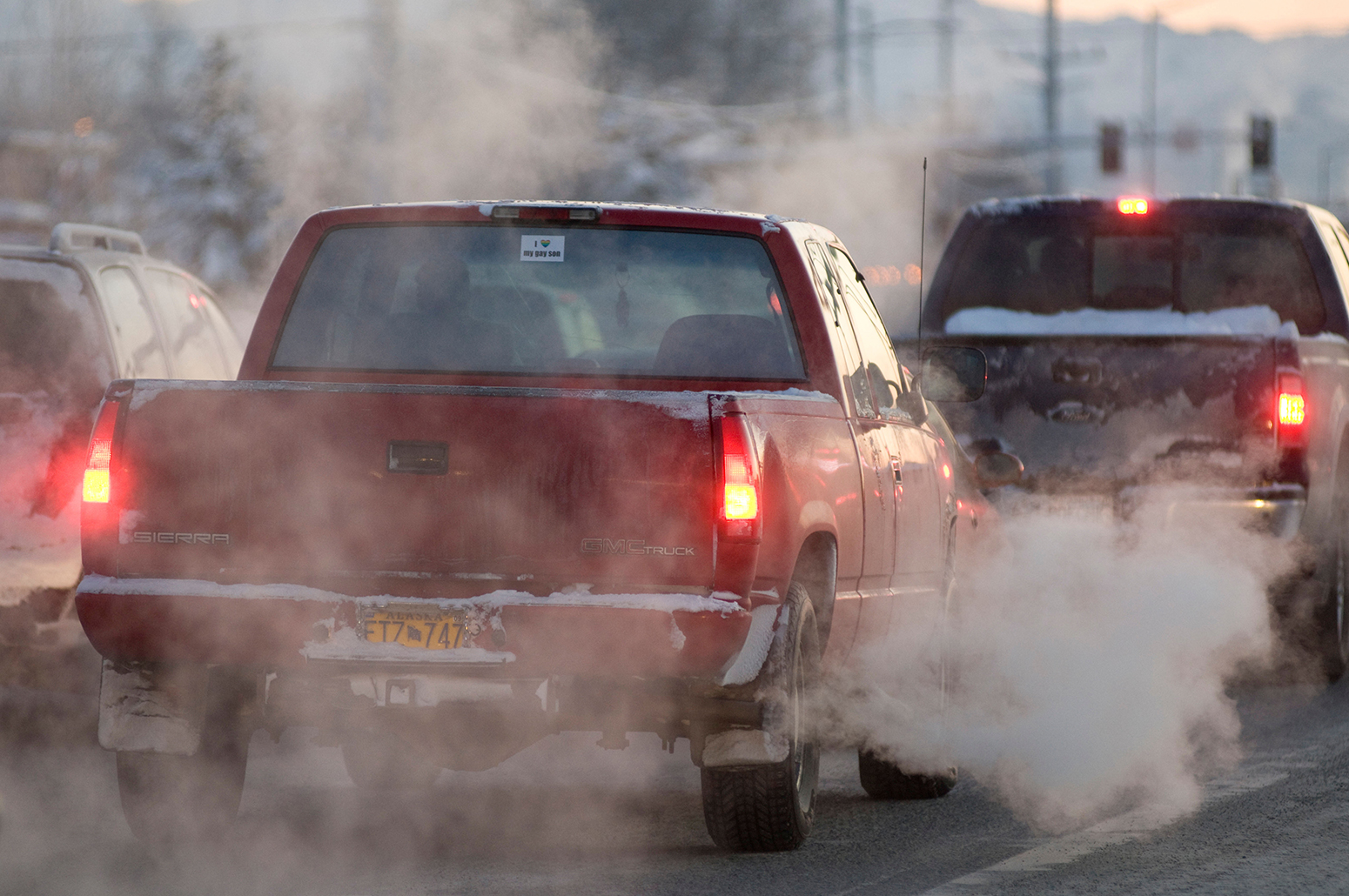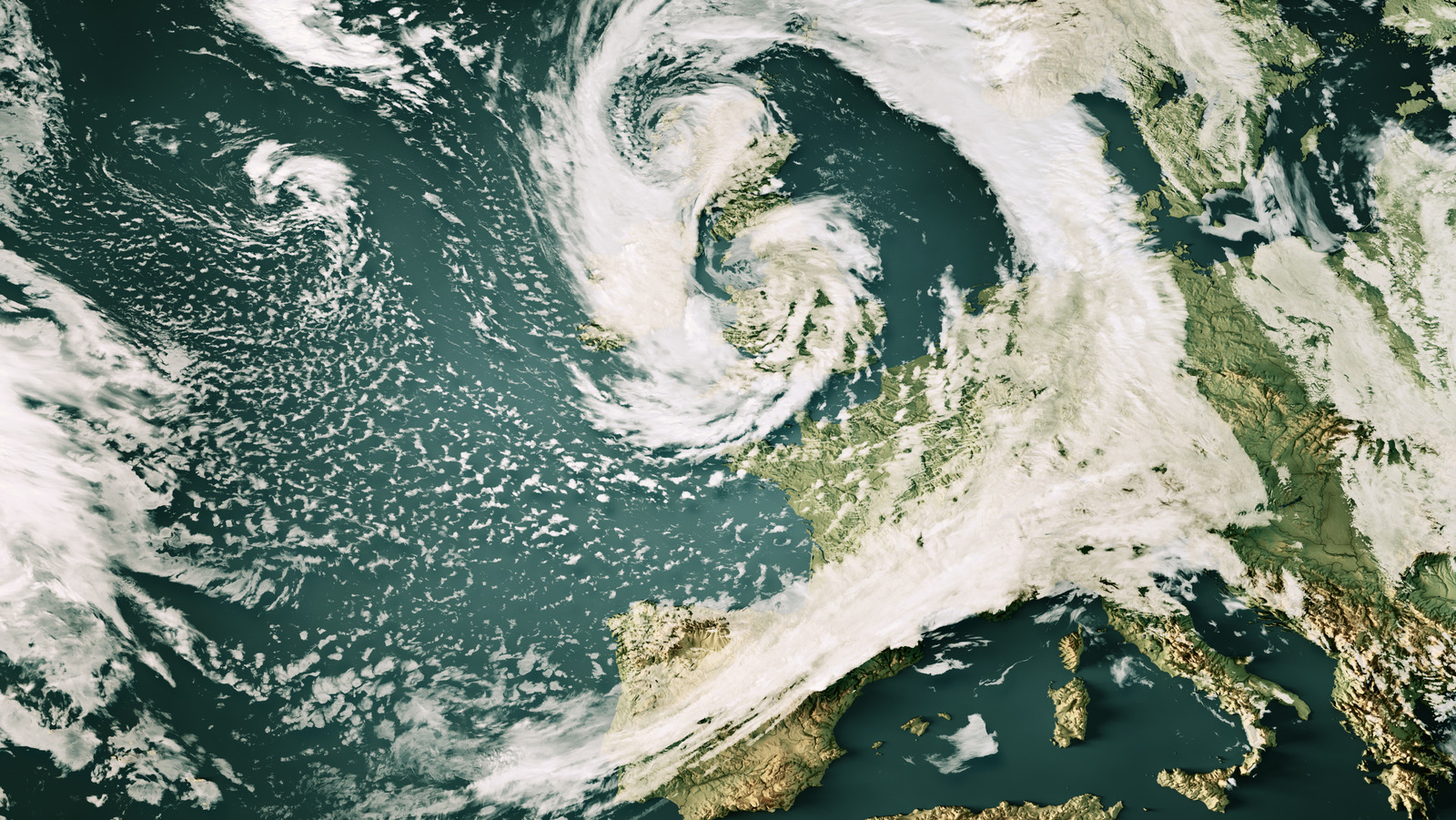100% of the warming of the planet and all sea level rise today is caused by humans. We would be in a cooling period without human activity.
I am not buying that as a real fact. The models are not good enough to support that. And the best evidence is not so supportive.
Geological evidence clearly shows sea levels higher than today in previous interglacial periods, and we really don't have climate models that can "predict" (actually "backcast") those climate histories. Which is really good evidence that we really do not yet understand all of the circulation changes, etc. that are involved, and cannot predict them very well for long periods of time.
It is normal for modelers to have more confidence in the accuracy of their models than turns out to be warranted. Usually, models drastically underestimate the uncertainty for the accuracy of their model predictions.
But, that doesn't mean that things will necessarily be better, they can also be worse than predicted. However, the media tends to hype the worst case results, which, when sometimes they don't actually happen, leads a lot of the public to think that models are always too negative.
If you look at the current situation in the Milankovitch Cycles, yes, it looks like the heat input to the northern hemisphere should be decreasing from its maximum. But, that doesn't mean that the northern hemisphere should immediately get colder. Think about the analog of a yearly cycle. The heat input to the northern hemisphere peaks about June 21st, but the hottest days are usually in July and August, substantially
after the peak heat input. In the Milankovitch cycle, the Earth is now closest to the sun about January 4th and very slowly getting later in the year. and the northern hemisphere is tipped most toward the Sun about December 21st. Would you expect the hottest days in a year to have already occurred by the first week in July? Of course not, and you should also not expect the peak temperatures and sea level rise to occur when the perihelion is on Dec 21st or within a couple weeks of that.
It is the modeling of the behaviors of circulation and thermal reservoirs (ice, deep oceans, etc.) that is needed to translate heat inputs to climate. We are still in the first iteration of doing that, and we need to learn by doing it and comparing our results to what happens. Remember how bad our weather models used to be, and how unreliable they still are today once we get out several days. Well, climate modeling has not yet had the opportunity to do the thousands of predictions and leaning from the errors that our weather models have benefited from. So, we really cannot expect, and certainly cannot
prove that they are even as accurate (in their own way) as our weather models have become.
That does not mean that I think global climate models are useless. But, I wish modelers would stop making such strong statements about their conclusions, because those are the types of statements that can be proven wrong, and that leads to people disregarding the model predictions completely.
Anyway, my point still stands, that we are not going to be able to stop the sea level from rising another foot no matter whether "100% of the warming today is caused by humans." I doubt we can even slow it down very much if we all left the planet tomorrow. But, we can certainly make things worse if we keep doing what we have been doing.




